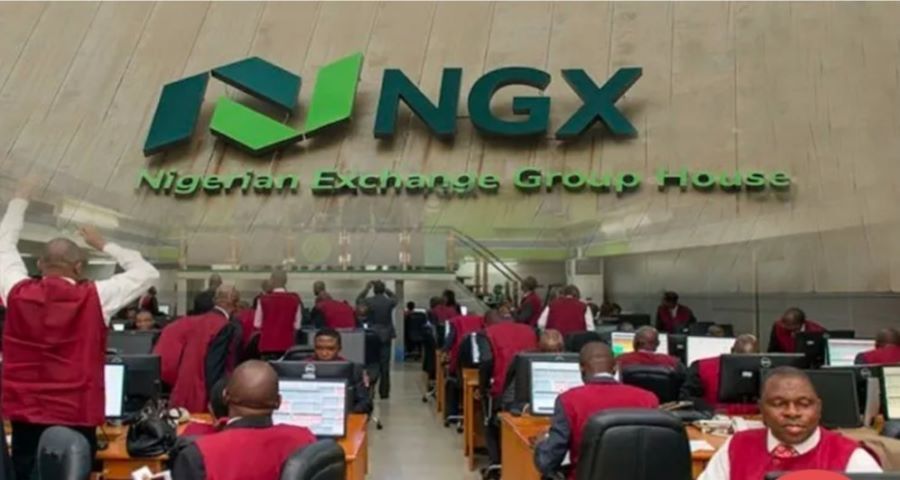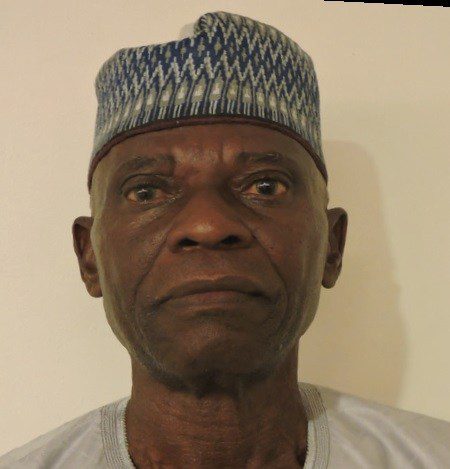The Federal Government came under fire last week over an extra budget that included a N6 billion presidential yacht and luxury cars, as the country grapples with mounting debts and a cost-of-living crisis.
Presidential aide, Bayo Onanuga, said in a statement issued before the yacht was removed from the budget that it was “an operational naval boat with specialized security gadgets suitable for high-profile operational inspection and not for the use of the president.”
Onanuga added that “the naval boat was ordered by the Nigerian Navy under the previous administration.”
Following a public outcry, the House of Representatives rejected the plans for the yacht before approving the N2.1 trillion supplementary budget on Thursday. The money was allocated instead to a student loan programme.
The budget still allocated funds for purchasing SUV vehicles for the presidency, amounting to N2.9 billion, and to cover the cost of renovating the president’s residential quarters, estimated at N4 billion.
It also included official vehicles worth N1.5 billion for the First Lady’s Office, despite the fact that Nigerian laws do not formally recognize this office.
Consequently, Nigerians, many of whom are struggling to make ends meet, reacted in anger to the proposed budget, prompting the lawmakers to make changes.
Nigerians are facing some of the harshest economic realities of their existence.
They see the budget as a wasteful spending that insults the sensibility of Nigerians.
It is hypocritical for the government to spend on luxuries while impoverished citizens suffer hardship caused by the government’s economic reforms.
More than 80 million Nigerians live on less than $2 a day, representing “the world’s second-largest poor population after India”, according to the World Bank.
It does not make sense that our government would borrow money to finance their ostentatious and luxury lifestyles at a time the president urged the pauperized citizens to tighten their belts.
“We welcome the promise by President Bola Tinubu at the just-concluded presidential retreat to turn around the fortunes of the country for the benefit of all Nigerians, irrespective of political, ethnic, and other affiliations”
It is very provocative that amid all these fiscal challenges, the Federal Government is bent on wasting resources on mundane things and maintenance of the luxury lifestyles of its functionaries.
Nigeria owes over a billion dollars, according to the Debt Management Office, and plans to borrow more this year.
There have also been heated reactions from Nigerians as the Senate justified the decision to buy imported sports utility vehicles for lawmakers in the two chambers.
The chairman of the Senate Committee on Services, Sunday Karimi, explained that the leadership of the National Assembly made this choice for lawmakers based on considerations of durability and maintenance over a four-year period.
According to reports, each SUV would cost at least N160 million.
Karimi also criticized the noise surrounding the purchase of the SUVs, saying that ministers who ride about four official vehicles were not criticized.
It is unfortunate that people who are supposed to make laws against the unnecessary spending of the executives are the ones giving durability as an excuse to buy SUVs as if those cars will last forever.
Since the return of democratic governance in 1999, many are of the view that considering the huge resources that have been sunk into governance, only marginal improvement has been recorded in the nation, which in their opinion, has suffered stunted development when compared to her peers and contemporaries.
Not only has the quality of life of the citizenry plummeted, but the quality of governance over the years is simply nothing to write home about.
Critics, both local and international, are unrelenting in their claim that the political class has made the country a laughing stock in the international community by frittering tons of resources, and continually taking actions that defy commonsense and logic.
For instance, not being able to account for over 50 percent of crude dug from the country daily; not being able to prosecute fuel subsidy thieves, and the removal of fuel subsidy without any of the nation’s four refineries working, among others, are several actions of the Federal Government that beggar reason.
The political class is consistently hell-bent on subjugating the people, by perpetuating themselves in public offices, and never allowing the will of the people to see the light of day.
Interestingly, even while they manipulate things in their favour, get into office, appropriate humongous salaries/allowances for themselves, and generally practice profligacy, they still perform far below expectations.
We welcome the promise by President Bola Tinubu at the just-concluded presidential retreat to turn around the fortunes of the country for the benefit of all Nigerians, irrespective of political, ethnic, and other affiliations.
As a matter of fact, despite the much-vaunted efforts of the political class, the unemployment rate is over 46 per cent; the inflation rate is 26.72 per cent (the highest in more than 10 years), and 133 million Nigerians are now multidimensionally poor, while the country’s economy is gasping for breath.
As all these happen, the living condition of Nigerians ebbs steadily.
As citizens wallow in poverty, a reflection of how the political class makes elaborate plans to guarantee the comfort of its key players on/off work can be gleaned from the billions of naira that the National Assembly is spending on the acquisition of state-of-the-art automobiles, office furniture, multi-million-holiday packages among others for over 400 national lawmakers.
The Presidency and state governments also make lavish provisions to aid their jobs at the expense of the masses.
All past administrations have promised to fix structural problems besetting the nation’s economy. But all that came to naught, as the country snowballed to the point of dethroning India as the poverty capital of the world, and also cementing its morbid reputation as a well-known corruption haven.
Consistently, political leaders have vowed to eliminate corruption, end poverty, reduce the size of government, fix electricity, improve ease of doing business/enhance trade facilitation, stop wastage in the government, standardise education, fight post-harvest losses and end insecurity, but none of these have they done averagely.
Now, giving service means little or nothing to the average political leader who has perennially failed in his/her obligation to harness the resources of the nation, and promote national development.
Democracy is not about poverty, hardships, denial of justice, and opportunities for a few to engage in ostentatious living.

